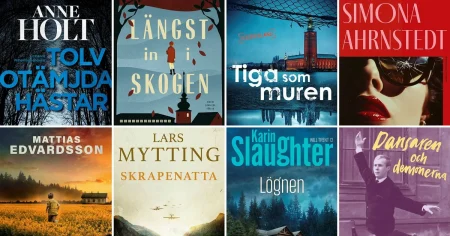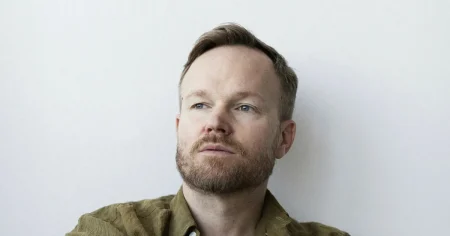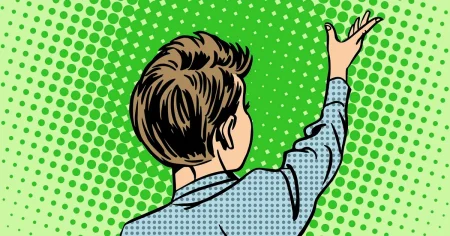Hjalmar Söderberg’s Doktor Glas is a complex and psychologically profound novel that explores themes of morality, obsession, and the human condition. Published in 1905, the novel takes the form of a diary written by Dr. Tyko Gabriel Glas, a physician practicing in turn-of-the-century Stockholm. Through his meticulous entries, Glas reveals his growing infatuation with Helga Gregorius, the beautiful young wife of the repulsive and lecherous Reverend Gregorius. Disgusted by the reverend’s treatment of his wife and tormented by Helga’s own unhappiness, Glas contemplates increasingly drastic measures to alleviate her suffering. This internal struggle forms the core of the novel, pushing Glas to the brink of what he considers morally justifiable action.
The novel’s narrative structure, a first-person diary, grants intimate access to Glas’s thoughts and feelings. Readers are privy to his internal debates, his justifications, and his descent into a morally ambiguous territory. This intimacy creates a sense of complicity, drawing the reader into Glas’s psychological turmoil and forcing them to confront the complexities of his decisions. As Glas grapples with his desires and the potential consequences of his actions, the reader is compelled to question their own moral compass and consider the boundaries of acceptable behavior. Söderberg’s masterful prose further enhances this immersive experience, painting a vivid picture of Stockholm’s social and intellectual landscape while delving deep into the human psyche.
Doktor Glas is a study in contrasts. The beauty of Helga is juxtaposed against the ugliness of her husband, both physically and morally. The sterile and scientific world of Dr. Glas contrasts sharply with the passionate and often chaotic world of human emotions. This juxtaposition highlights the central conflict within Glas himself, the struggle between his rational mind and his burgeoning obsession. The city of Stockholm, with its vibrant streets and shadowed alleys, serves as a backdrop for this internal drama, reflecting the duality of Glas’s nature. He is both a respected physician and a man consumed by dark thoughts, moving between the light and shadow of his own conscience.
The ethical dilemmas presented in Doktor Glas are multifaceted and continue to resonate with readers today. Is it ever justifiable to take a life, even if motivated by perceived compassion? What are the limits of personal responsibility and the extent to which one can intervene in the lives of others? These questions are explored with nuance and complexity, avoiding simplistic answers. Glas’s actions are not easily categorized as right or wrong, but rather presented as the product of a complex web of circumstances and internal struggles. The novel challenges readers to consider the gray areas of morality and the subjective nature of justice.
The tradition of SVT’s Trettondagen readings adds another layer of depth to the experience of engaging with Doktor Glas. Bringing together accomplished actors like Gustaf Hammarsten, Maria Sid, and Ingela Olsson, among others, elevates the text from the page to a performance. Each actor brings their own unique interpretation and vocal inflection to the story, enriching the narrative with emotional resonance. Hearing the words spoken aloud allows the audience to connect with the characters and the text in a different way, experiencing the nuances of Söderberg’s prose and the internal drama of Dr. Glas more viscerally. This shared experience of listening creates a sense of community, fostering discussion and deeper engagement with the complex themes of the novel.
The selection of Doktor Glas for this annual tradition underscores the enduring power of Söderberg’s work. The novel’s exploration of human psychology, morality, and obsession remains relevant and thought-provoking more than a century after its publication. The act of reading aloud, particularly with talented actors, brings new life to the text and allows a contemporary audience to connect with its timeless themes. This tradition serves not only as entertainment but also as a cultural event, prompting reflection and discussion about the complexities of the human condition. It reminds us of the power of literature to explore difficult questions and challenge our understanding of ourselves and the world around us.














